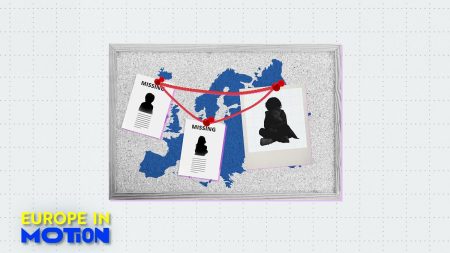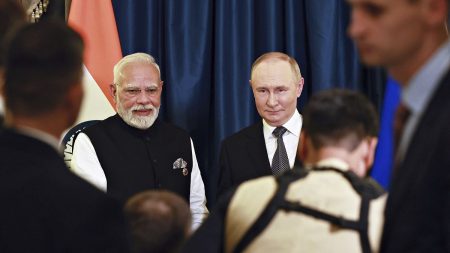Summarize this content to 2000 words in 6 paragraphs in Arabic
The European Commission is expected to increase tariffs on China-made electric vehicles as soon as 5 July.
ADVERTISEMENTThe Ministry of Commerce of China has launched an “anti-dumping investigation” into imports of “relevant pork and pork by-products” from the European Union, a move that paves the way for trade restrictions on a sensitive sector for the bloc.The investigation was triggered by a complaint filed by the China Animal Husbandry Group, a state-owned company that deals in animal farming.Monday’s announcement is seen as a prelude to retaliation for the upcoming EU tariffs on China-made battery electric vehicles (BEVs), which are suspected of being heavily subsidised and sold at artificially low prices.The European Commission said last week it would impose additional duties on these goods on 5 July unless Beijing offers remedies to ensure fair competition. The proposed duties would range from 17.4% to 38.1% and come on top of the existing 10%.The Commission’s preliminary decision was based on damaging findings that showed the extent of Beijing’s use of state aid to boost its BEV output. Subsidies were found “across the entire supply chain” and involved all government levels, officials said.Even before the duties were announced, Brussels was on high alert over possible retaliation from China, which tends to slap tit-for-tat curbs when Western allies confront its long-standing unfair trade practices.The growing consumer demand for BEVs, their strategic importance in the climate transition and the persistent geopolitical tensions have further raised the stakes, turning the Commission’s probe into one of the most consequential of its kind.China’s Ministry of Commerce has denounced the EU inquiry as a “naked protectionist act” that “artificially constructed and exaggerated the so-called subsidies”. It also vowed to “resolutely take all necessary measures to firmly defend the legitimate rights and interests of Chinese companies,” language that hinted at soon-to-come reprisals.Aviation and agriculture were considered the likeliest targets. The investigation period of the Chinese investigation into EU pig meat, from January 2020 to December 2023, is virtually identical to that of the EU probe into China-made BEVs.The Commission “will follow the proceedings very closely in coordination with EU industry and our member states” and “intervene as appropriate to ensure that the investigation fully complies with all relevant World Trade Organization rules,” a Commission spokesperson said on Monday, reacting to the news.Asked if the executive was worried that the amount of subsidies injected into the EU agriculture sector would strengthen the Chinese case, the spokesperson said this was not the case because “not all subsidies are the same.””Any subsidies that take place under the Common Agricultural Policy or indeed any other policy area in the European Union are strictly in line with our WTO obligations,” he added.The EU is the world’s largest exporter of pork and pork by-products, most of which are bound to East Asia, in particular China.In a statement, the bloc’s farmers association COPA-COCEGA denied the pig meat sector was engaging in anti-dumping practices and said Spain, the Netherlands, Denmark, Germany and Belgium would be the hardest hit by Chinese retaliation.”We find ourselves once again in the crossfire of the trade disputes concerning other sectors,” a COPA-COGEGA spokesperson said. “This is, of course, not acceptable for us.”
rewrite this title in Arabic China probes EU pork products in prelude to retaliation for tariffs on electric vehicles
مقالات ذات صلة
مال واعمال
مواضيع رائجة
النشرة البريدية
اشترك للحصول على اخر الأخبار لحظة بلحظة الى بريدك الإلكتروني.
© 2025 جلوب تايم لاين. جميع الحقوق محفوظة.
